Over the past several years my husband and I had talked about end-of-life issues, about our desires to be organ donors or, failing that, whole-body donors. So when I learned that there was no hope of his regaining consciousness from the stroke he suffered last October at age 88, and when the hospital told me that he could not donate any organs because he was not brain-dead, I asked the social worker on the Palliative Care unit to find out which medical facility we could donate his body to. She had never heard of anyone’s doing this, but she made some phone calls and learned that Downstate Medical Center in Brooklyn wanted to take him.
A representative from Downstate called to tell me that a memorial service would be held in the spring to acknowledge his final gift and that if we wanted to, we could say something at the service. I did want to, although I was afraid that I wouldn’t be able to do it without crying, inasmuch as I still, so many months later, almost invariably start to cry whenever I tell anyone about his death. Then I remembered the beautiful essay that Anna, my 17-year-old granddaughter, wrote about her grandfather’s death and about her thoughts inspired by the doctor’s words “We don’t know much about the brain,” which made her think about a career in medicine. My daughter (Anna's mother) who went with me to the service and I decided that it would be easier to read Anna’s words than our own.
Many of the 200 first-year medical students were at the service, as were students in the College of Health-Related Professions, medical faculty, and representatives from families of six donors. The ceremony began with a small chamber group of students, a choral group, and a speech by the director of the anatomical donor program, talking about how much more the medical students learn from three-dimensional study than by even the best pictures. Several students recited short, poignant poems, a group of about twenty lit one candle for every donor, and all the families present received a beautiful orchid plant, “because flowers represent life, and then death, and then blooming again.” With our orchid we received a card “to the family of David Olds,” with a note of thanks signed by the eight students who had worked with David, along with a photo of all of them.
The note reads: “We cannot even begin to describe the incredible knowledge and wonder that has been imparted to us through our encounter with human anatomy. We can say with the utmost confidence that such a generous gift has played an irreplaceable role in building a solid foundation of medical knowledge; the things we have learned will stay with us for the rest of our lives. Thank you for helping to train us.”
My daughter and I took turns reading Anna’s essay, in between a few tears and even a little laughter. I appreciated her words coming to our rescue when we really needed them and could resonate to the feelings she expressed. I especially liked her description of the vigil we kept in the hospital for those four hard days: “We laughed and cried and laughed again because we were honoring my grandfather, whose sense of humor was one of his outstanding traits. My family, including my cousins and aunts, and of course my parents and my grandmother, became much closer as we were remembering him and finding ways to cope with our loss.”
When, later, one medical student said, “That must have been a hard decision to make – to donate his body,” my daughter replied, “It was his decision – we were just carrying out his wishes.” We ended up feeling that David had made an important gift in this, the last demonstration of his generous soul, and I appreciated the meaningful help from my granddaughter at this difficult time.











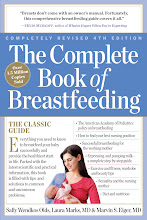







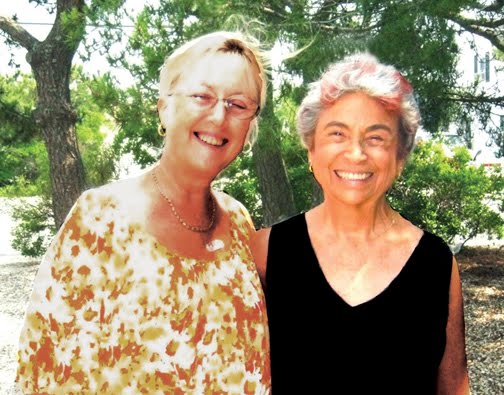.jpg)
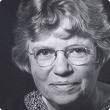


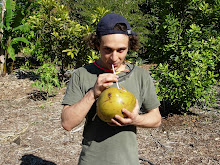

.jpg)
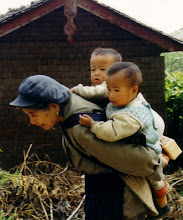.jpg)
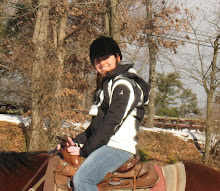.jpg)
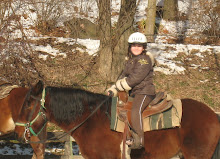.jpg)
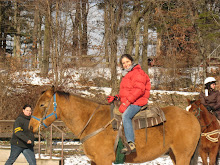

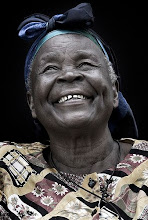

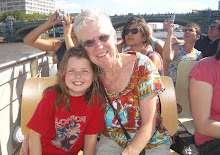.jpg)






.jpg)